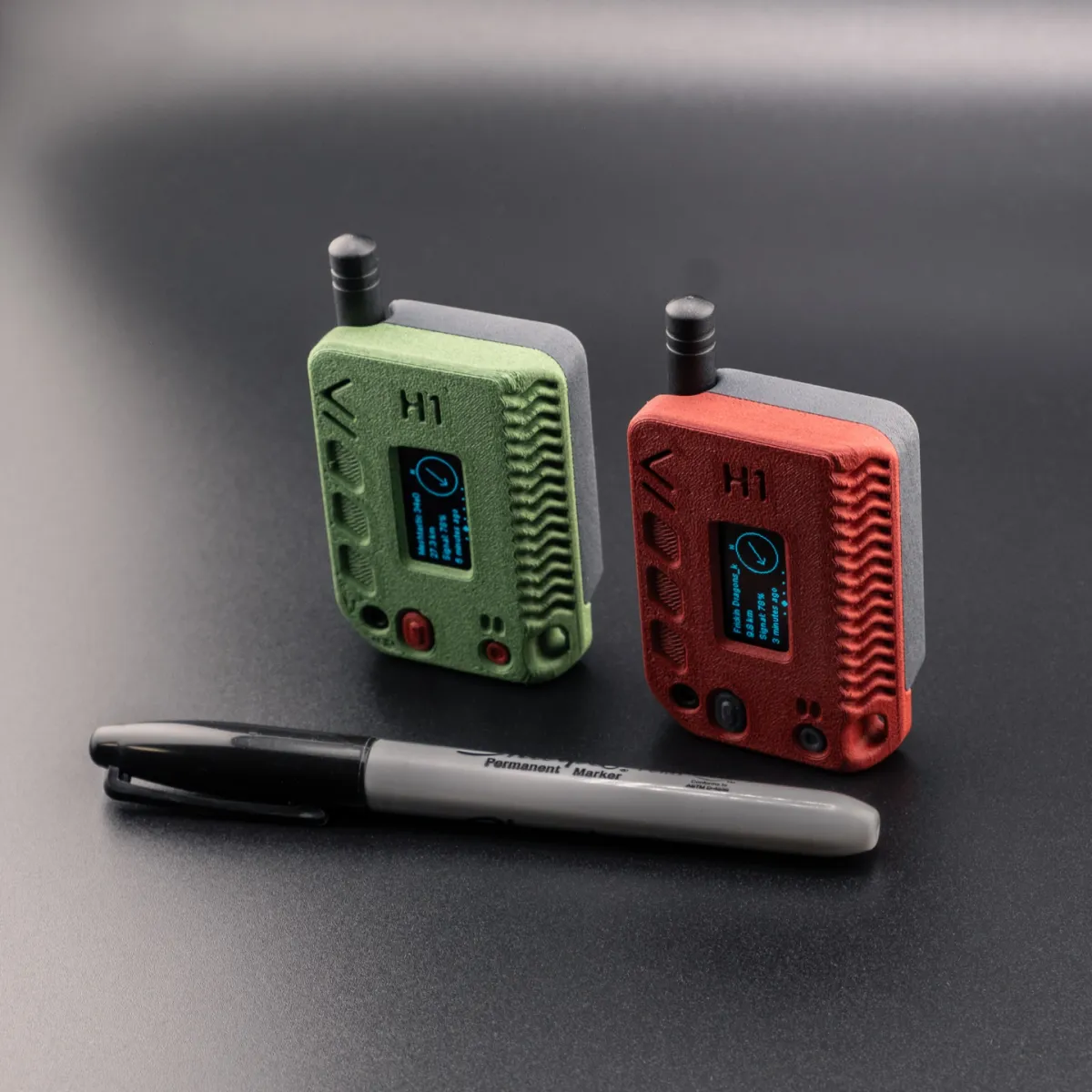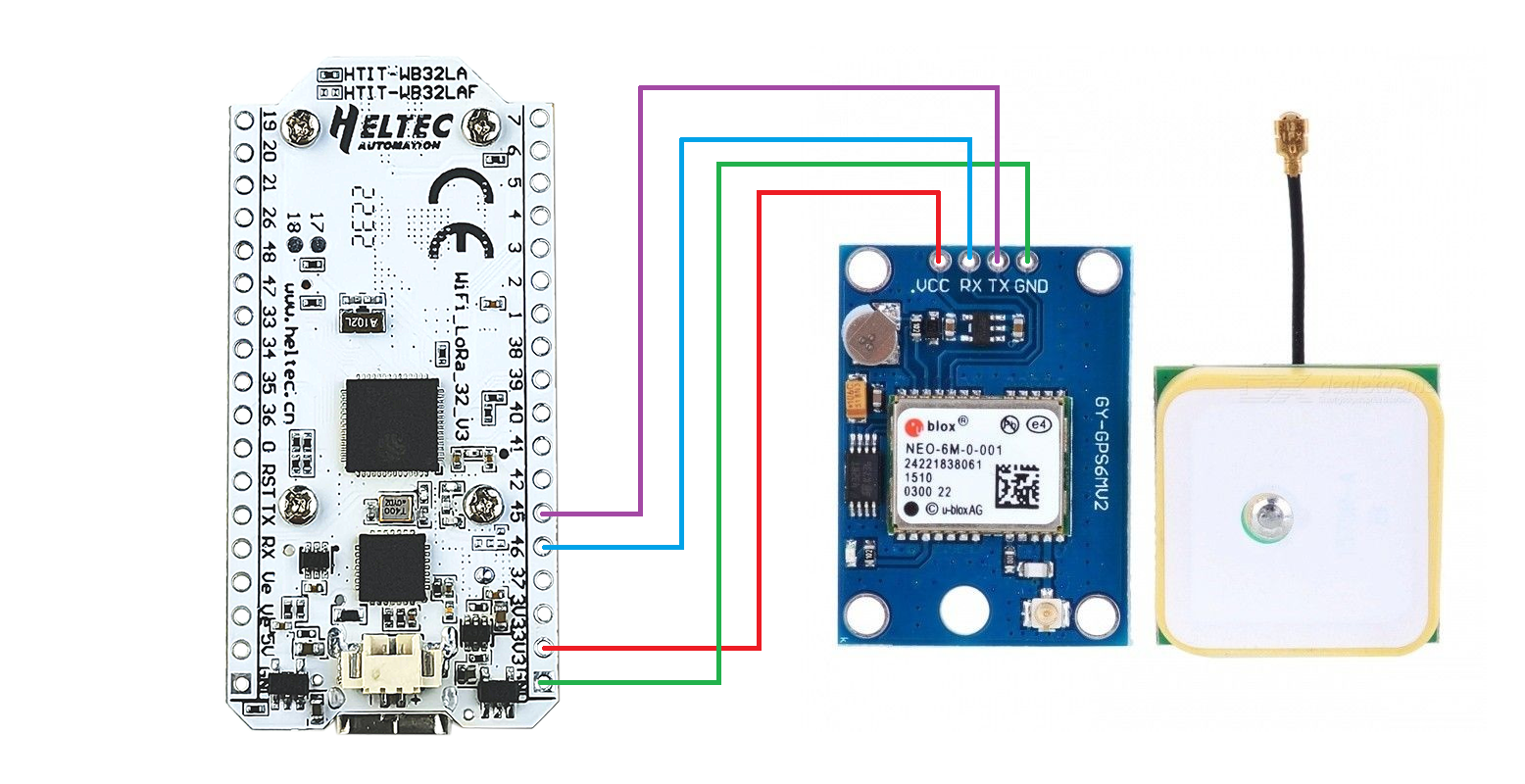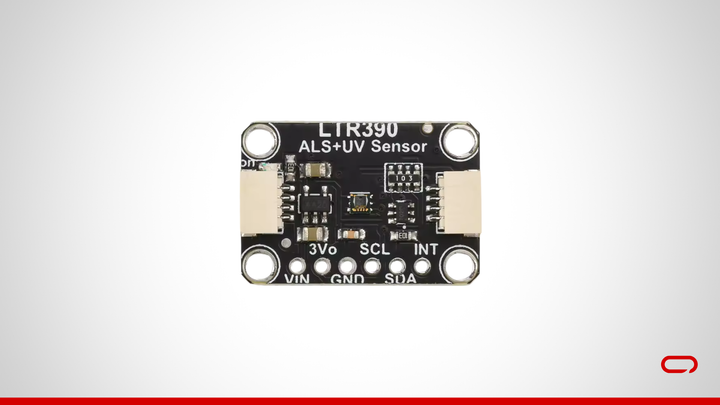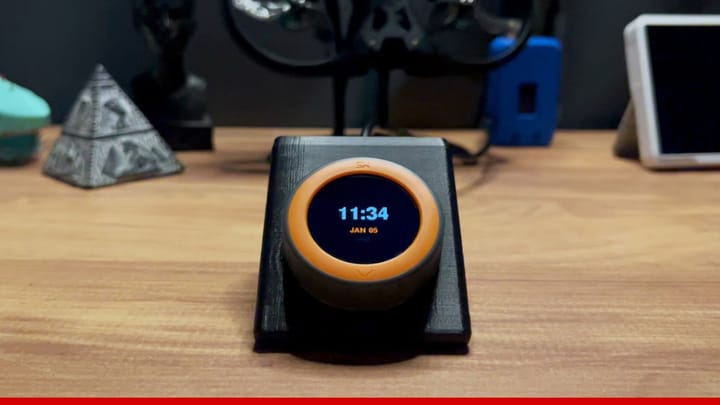How To Add GPS To Your Meshtastic Node
We'll walk you through adding a GPS module to your existing Heltec V3 Lora ESP32 Meshtastic Node. This guide will work also for any ESP32 boards but slight changes might be required.

In this guide, we'll walk you through adding a GPS module to your existing Heltec V3 Lora ESP32 Meshtastic Node. This guide will work also for any other ESP32-based board like Heltec V3 Lora, TTGo, or T-Beam but slight changes might be required.
Hardware
Now let's get started with the hardware you need:
- 1x GY-NEO6MV2 GPS Module - AliExpress Price: 2.21USD | Amazon US Price 6.09USD
- 2x 17 Pins(Get 20 Pins and Trim It) 2.54mm Header Pin - AliExpress Price: 0.94USD | Amazon US Price 5.49USD
- 1x 4 Pins 2.54mm Header Pin- AliExpress Price: 0.94USD | Amazon US Price 5.49USD
- 4x Female to Female Pin Connector AliExpress Price: 0.42USD | Amazon US Price 5.49USD
- 1x Soldering Iron + 60/40 Solder Wire (Optional - You can go to a nearby electronic shop to solder the headers on the board)
The hardware selection can be changed but we went with easy-to-get parts. One thing to note here is that soldering will be needed only to solder headers to the Heltec and the GPS module. This task can be outsourced to any nearby electronic shop and save you the money and the hassle.
Assembly
The hardware is all ready and set now to the wiring. For this, we will follow the following Schematics.
GY-NEO6MV2 GPS Module - Heltec V3 Lora ESP32

- VCC -> 3v3
- RX -> PIN 46
- TX -> PIN 45
- GND -> GND
Once all the wiring is completed. Double-check your connections and ensure they match the suggested layout before proceeding to the next steps.
Meshtastic Settings
- Open Meshtastic App (IOS for this guide)
- Go to the Settings page
- In the radio configuration section go to Position
- Scroll down to the Advanced Device GPS
- For GPS Receive GPIO choose 45, For GPS Transmit GPIO choose 46
In conclusion, adding a GPS module to your existing Heltec V3 Lora ESP32 Meshtastic Node is a straightforward process that enhances the functionality of your device. The chosen hardware components, including the GY-NEO6MV2 GPS Module and header pins, provide a reliable and readily available solution. Soldering may be required, but it can be outsourced to electronic shops for convenience. By following this guide, users can easily integrate a GPS module into their Meshtastic Node, expanding its capabilities for location tracking and enhancing overall functionality.




Comments ()